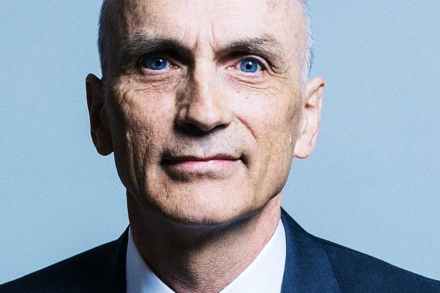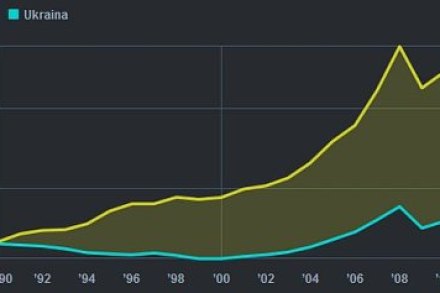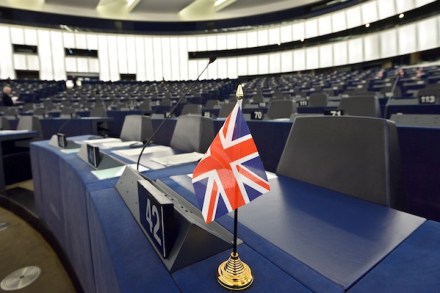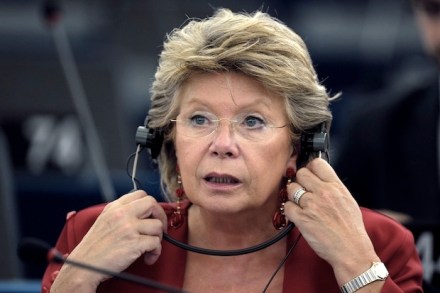Ukraine reinforces the case for a wider but shallower EU
With Ukip heading for possible victory in the European elections and anti-EU fervour growing across the continent, it is hard to imagine a country where people are so desperate to join the EU that they are prepared to take on water canon in order to make their point. But that country is Ukraine. The violence which has been brewing for weeks and which erupted yesterday has its source in many tensions in the country, but one issue defines the two sides: protesters who are looking westwards towards EU membership and a government which rejects this and looks eastwards towards Russia. Maybe President Viktor Yanukovych and Nigel Farage should make a pact: if



















